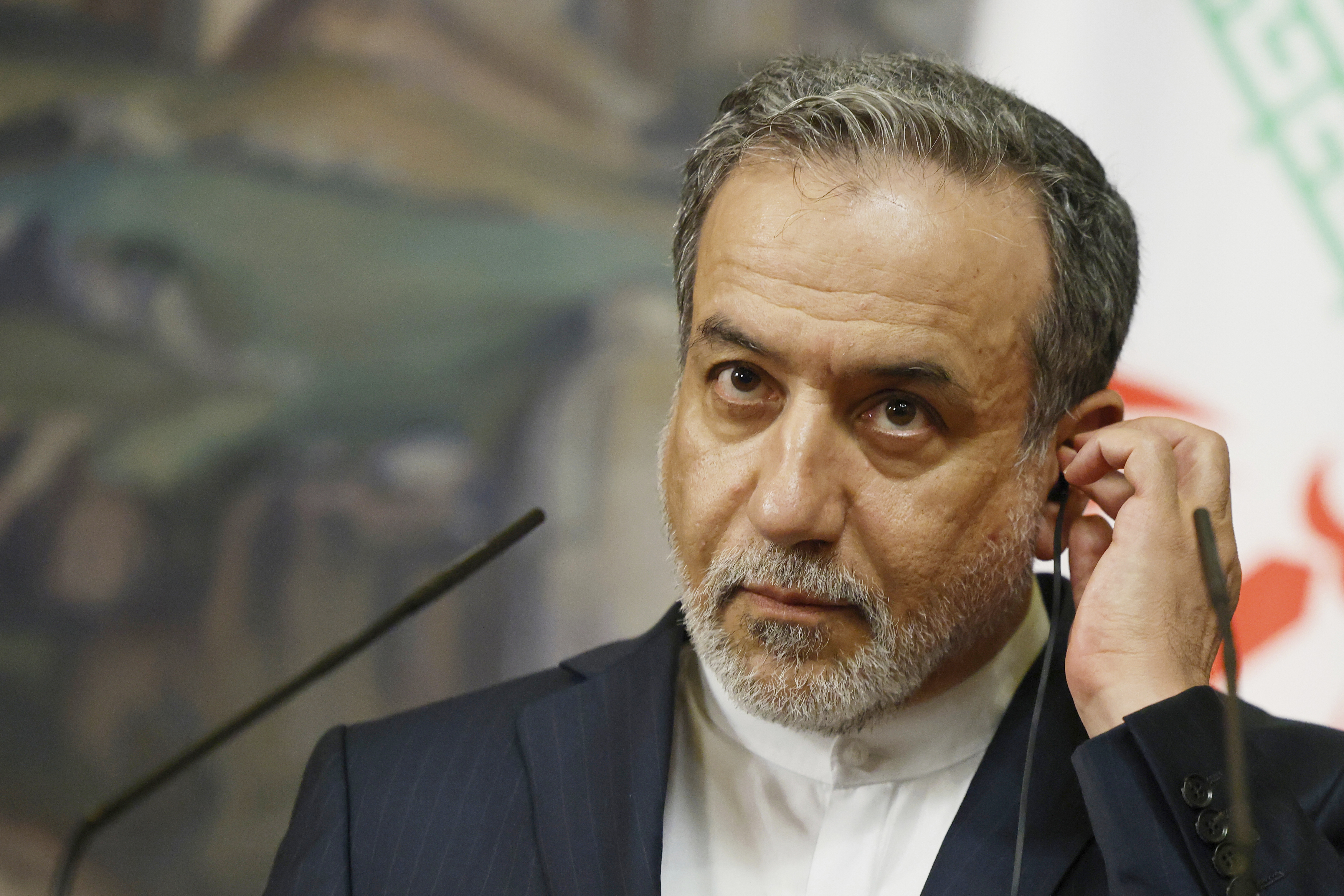
TEHERAN - Iranian Foreign Minister Seyed Abbas Araghchi on Wednesday denied reports that he had been in contact with US Special Envoy to the Middle East Steve Witkoff on various issues, including the resumption of nuclear negotiations.
Speaking to reporters on the sidelines of a cabinet meeting in Teheran, Araghchi responded to a report by the Kuwaiti newspaper Al-Jarida daily, which claimed that he had engaged with Witkoff regarding the possible resumption of nuclear negotiations and that Witkoff had sought Iran's support for US President Donald Trump's ceasefire proposal in Gaza, the semi-official Fars news agency reported.
Araghchi said, "I have not had any contact with Witkoff. The Kuwaiti newspaper's speculation is incorrect, and I deny it. There has been no contact."
Citing an informed source in the Iranian Foreign Ministry, Al-Jarida claimed that the nuclear talks between Teheran and Washington, which were suspended before the sixth round owing to Israel's surprise attack on Iran in June, have gained new momentum following a series of communications aimed at restoring dialogue.
ALSO READ: Iran, European powers to resume nuclear talks before sanctions deadline
It added that the latest conversation between Araghchi and Witkoff reportedly occurred last Saturday, during which both sides agreed on the need to return to the negotiating table. The source added that secret preparatory meetings could be held next week in Oman or Qatar to coordinate before officially resuming talks, according to the Kuwaiti daily.
Iran summons EU envoys over anti-Teheran claims
Araghchi said Wednesday that it has summoned European Union (EU) ambassadors and heads of diplomatic missions over what it called "meddlesome" anti-Teheran claims in a recent joint statement by the EU and the Gulf Cooperation Council (GCC).
The statement, released Monday after the 29th GCC-EU Joint Ministerial Meeting in Kuwait, questioned Iran's sovereignty over the three Gulf islands of Abu Musa, the Greater Tunb and the Lesser Tunb, and raised concerns about its nuclear programs as well as its proliferation of ballistic missiles and unmanned aerial vehicles, among other technologies.
Majid Takht Ravanchi, Iran's deputy foreign Minister for political affairs, conveyed Teheran's strong protest during the summons that took place on Tuesday.
Takht Ravanchi reaffirmed Iran's "indisputable sovereignty" over the three islands, and condemned the EU's "political and biased position" on the issue.
READ MORE: Iran says lifting sanctions, respecting nuclear rights necessary for resuming US talks
Iran says the three islands have historically been part of the country, citing historical, legal, and geographical documents as proof. The United Arab Emirates also claims the three islands and has long pressed for a negotiated solution.
He also rejected the EU's "unreal and exaggerated narratives" about Iran's defense capabilities, condemning the bloc's "conspicuous interference" in Iran's internal affairs.
Iran's missile program, along with other homegrown defense capabilities, "is part of the country's inherent right to defend itself and guarantees regional stability and security," he said.
Takht Ravanchi also criticized the bloc, as well as France, Britain and Germany, collectively known as the E3, for failing to fulfill obligations under the 2015 nuclear deal and abusing the dispute resolution mechanism to reinstate UN sanctions.
The E3, in coordination with Washington, invoked the snapback mechanism in August after the UN Security Council failed to extend sanctions relief in September.
Iran had held several rounds of talks with the E3 since September last year, mainly focused on its nuclear program and sanctions relief.


